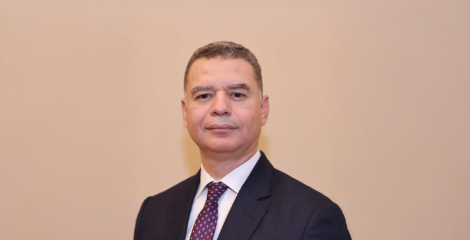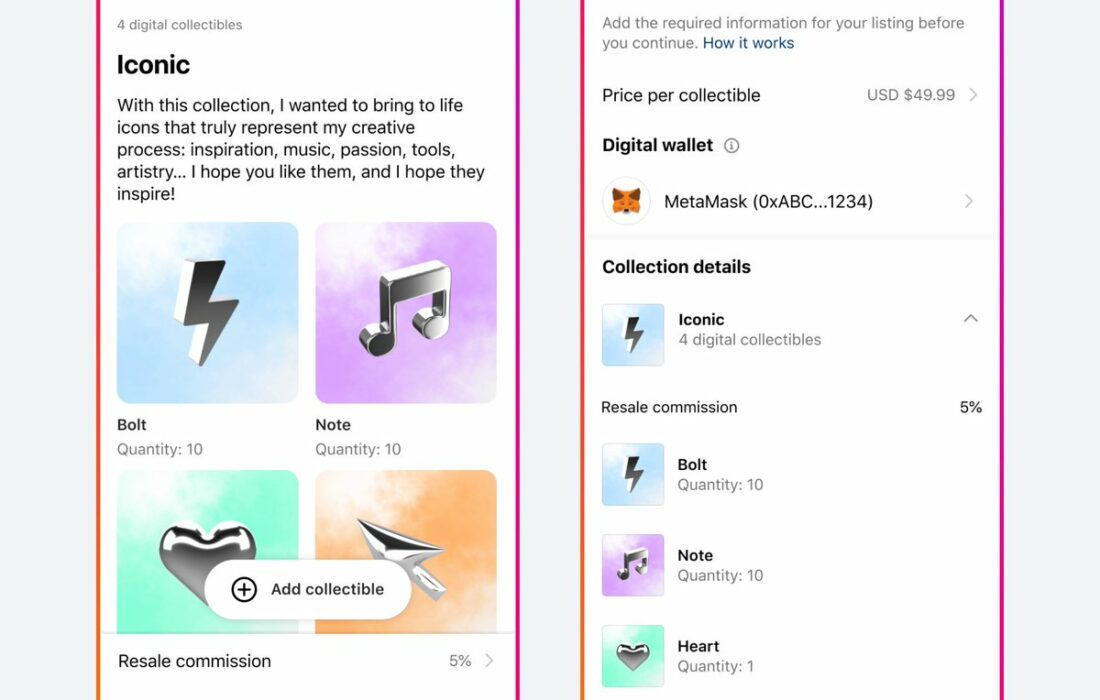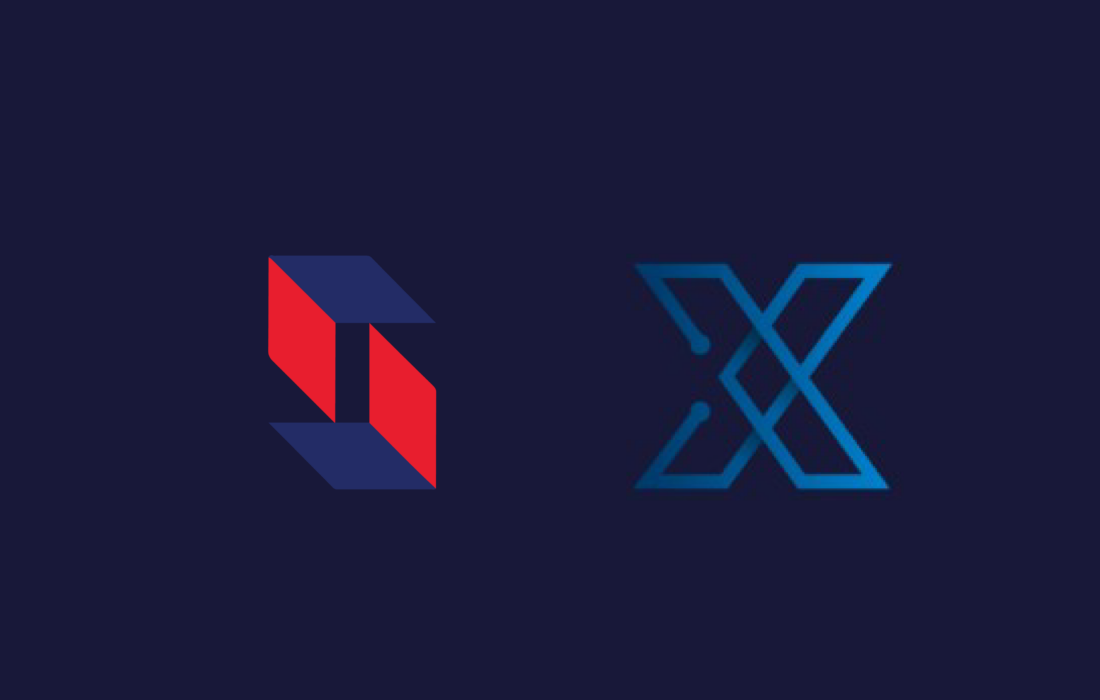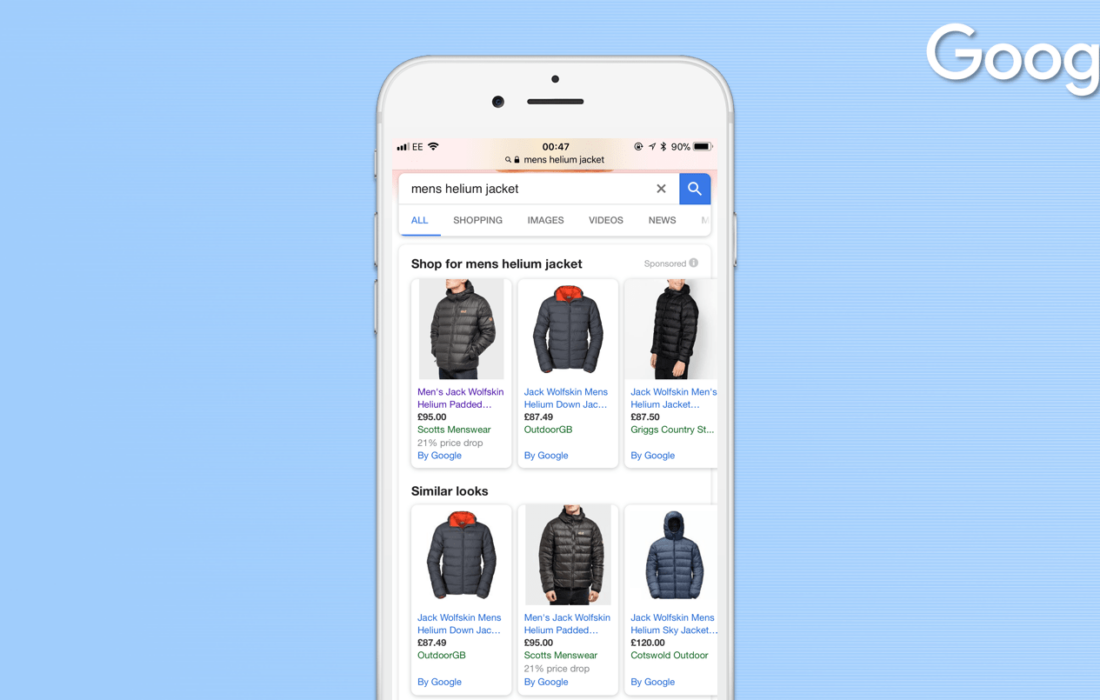Yesterday, JPMorgan traded tokenized cash deposits on the public Polygon blockchain, setting the stage for banks everywhere to step into the future and public blockchains with confidence.
The “live cross-currency transaction”, which involved tokenized Singaporean dollar and Japanese yen deposits, was conducted with a simulated exercise of buying and selling of tokenized government bonds.
The trade was facilitated by the Monetary Authority of Singapore (MAS) under Project Guardian, a program that aims to explore the potential of decentralized finance (DeFi) applications of asset tokenization across a number of use cases in wholesale funding markets.
The tokenization experiment completed trials for foreign exchange (FX) and the trading of government bonds, powered by crypto lending protocol Aave and decentralized exchange (DEX) Uniswap on Ethereum layer-2 network.
MAS Chief Fintech Officer said the trade was “a big step towards enabling more efficient and integrated global financial networks.”
DBS Bank, Singapore’s largest bank, SBI Digital Asset Holdings, a Tokyo-based banking firm, and Oliver Wyman Forum, a business leadership platform, also joined in the pilot program with JPMorgan’s Onyx, the bank’s blockchain division for wholesale payments.
In his Twitter thread, Ty Lobban, head of Onyx Digital Assets, explains that the Tokenized Singapore Dollar Deposits are “a deposit token which is a general liability of JPM […] a native token giving stable on-chain value without the scalability issues of stablecoins.”
He added: “This is the 1st issuance of Tokenized Deposits by a bank!”
In the second trial, DBS and SBI Digital Assets traded against liquidity pools of tokenized government bonds, with DBS tokenizing SGD currency and Singapore Government Securities bonds, while SBI used Japanese bonds and JPY currency.
Aave CEO Stani Kulechov called the blockchain trade “a monumental step forward for DeFi.”
If you see something out of place or would like to contribute to this story, check out our Ethics and Policy section.














